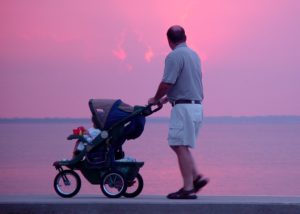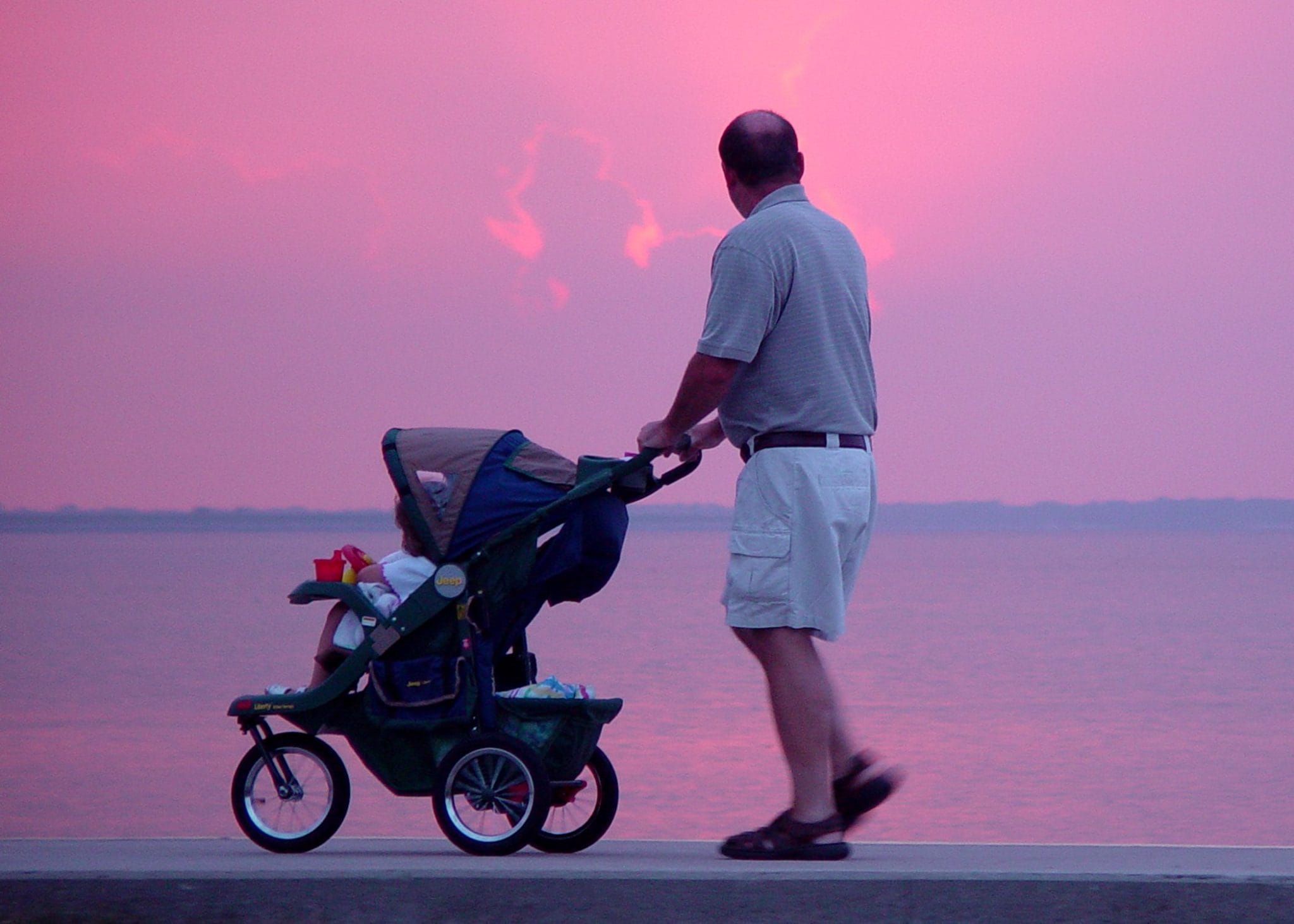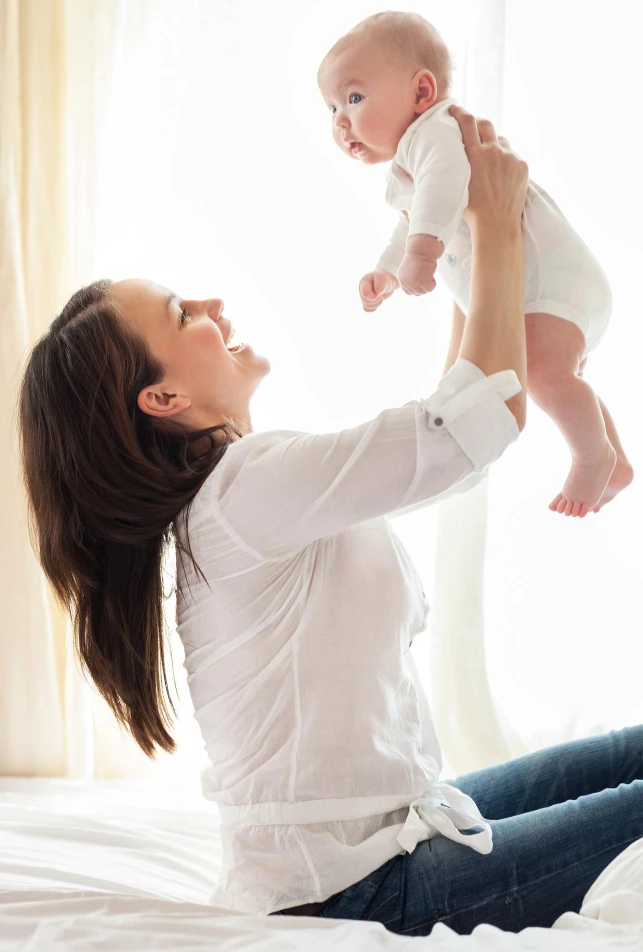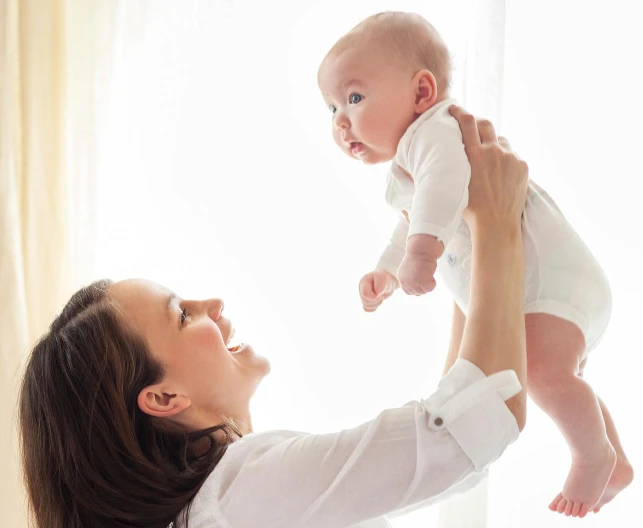There Are More Older Dads Than Ever Before
 As women delay motherhood, men, too, are older dads when they become new parents.
As women delay motherhood, men, too, are older dads when they become new parents.
The average age of an American baby’s father has risen by almost four years since the 1970s, from 27.4 to 30.9, a study published in the journal Human Reproduction found.
It’s a big deal to see that kind of change over a relatively short period of time — basically a generation, said Dr. Michael Eisenberg, study co-author and an assistant professor of urology at the Stanford University School of Medicine.
“This trend existed for every single group we looked at. By any race and ethnicity, it went up; any education level, it increased; every single region of the country,” said Eisenberg.
“I thought that perhaps this touched some groups but not others, but really this was universal and that surprised me.”
Births to men over 40 have more than doubled and now make up almost one-tenth of all babies born in the U.S., the study found. It’s also more common to see men with gray hair welcoming a newborn to their family: The ranks of new fathers over 50 have almost doubled from 0.5 percent to 0.9 percent. Here’s looking at you, George Clooney — a new dad of twins at 56.
The study is based on all reported births in the U.S. from 1972 to 2015, as collected by the National Vital Statistics System. Researchers didn’t analyze whether it was a man’s first, second or third child, but only focused on the age of the fathers of any newborns.
Why are dads becoming older?
“It’s kind of a million dollar question,” Eisenberg said. “It’s probably similar to the reasons that exist for women, too. Contraception is better than it has been in the past. People want to be more settled in their careers when they’re choosing to have kids. For that reason, couples are just naturally delaying.”
A father who is more stable in his career has more resources to give to his children and may potentially have more time to devote to their upbringing, Eisenberg said.
Older fathers tend to sire “geekier” sons — boys who have higher IQs, a strong focus on their interests and little concern about fitting in, a separate study recently found. These characteristics are “strongly predictive of academic, and thus likely also career success,” the authors noted.
When it comes to older parents, there are pros and cons either way, said Dr. Claire McCarthy, a pediatrician at Boston Children’s Hospital. Older parents are indeed more likely to have more resources, which is good for children, she noted.
“They also have more life experience, which can be helpful when it comes to parenting. They also may have been more deliberate in choosing to be a parent, which may make them more invested in their child’s life,” McCarthy said.
“The downside I’ve seen is that often older parents are more set in their ways and feel more disrupted by the, well, disruption of a child… they are used to social activities, having time to themselves and getting enough sleep. Having a baby throws a serious wrench into all of that.”
On average, younger parents seem to have fewer expectations and “go with the flow” a bit better, she has noticed, based on anecdotal observations.
Taken from an article by A. Pawlowski on Today.com.





















